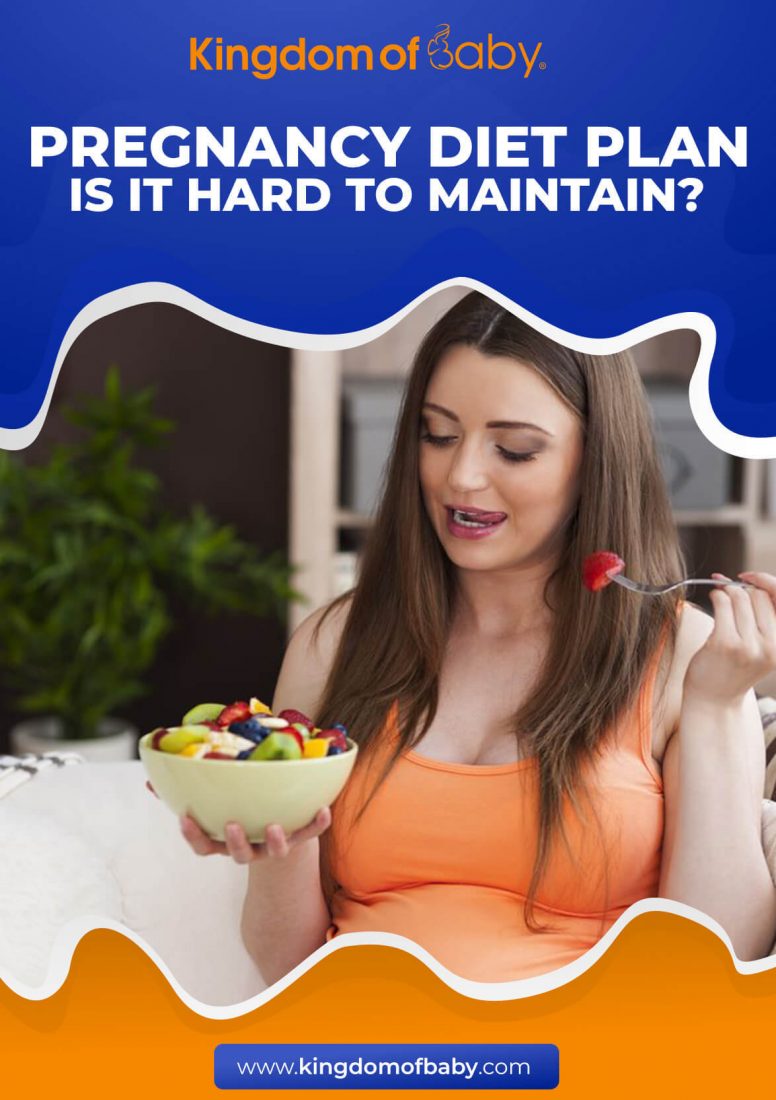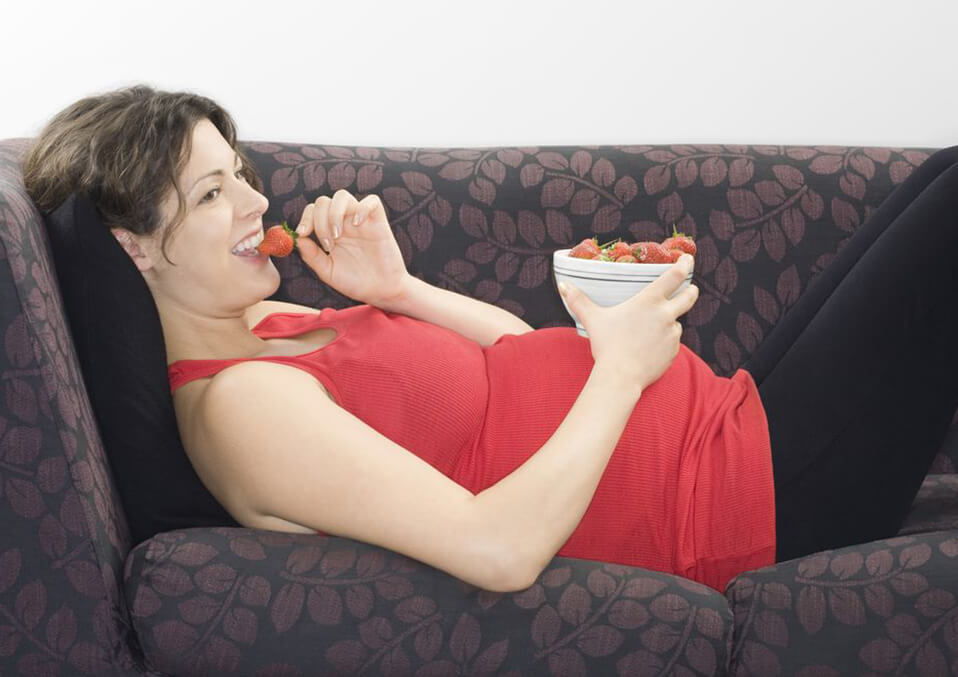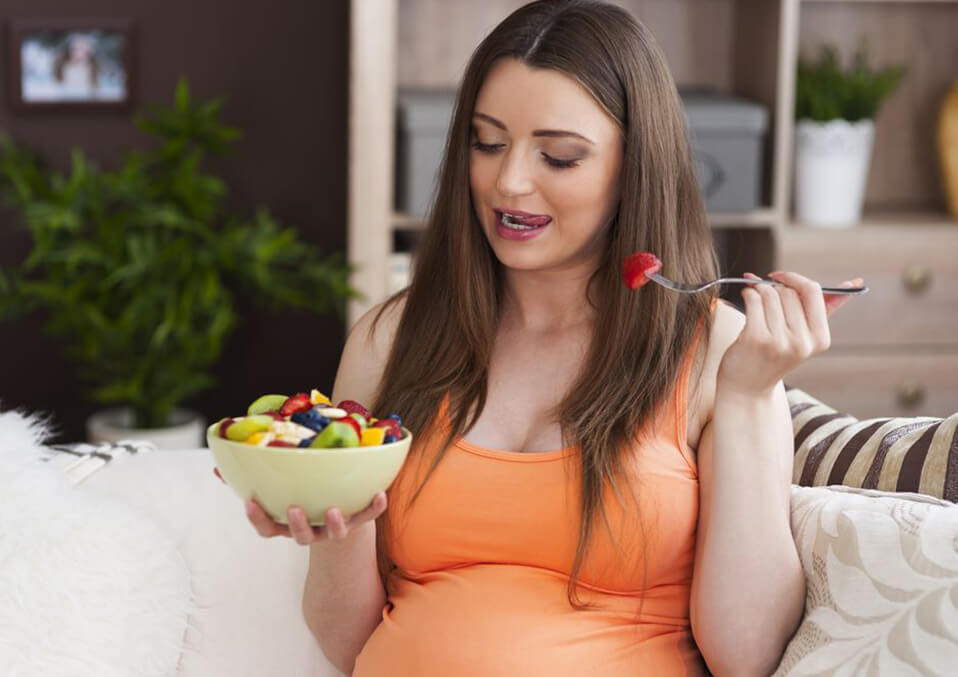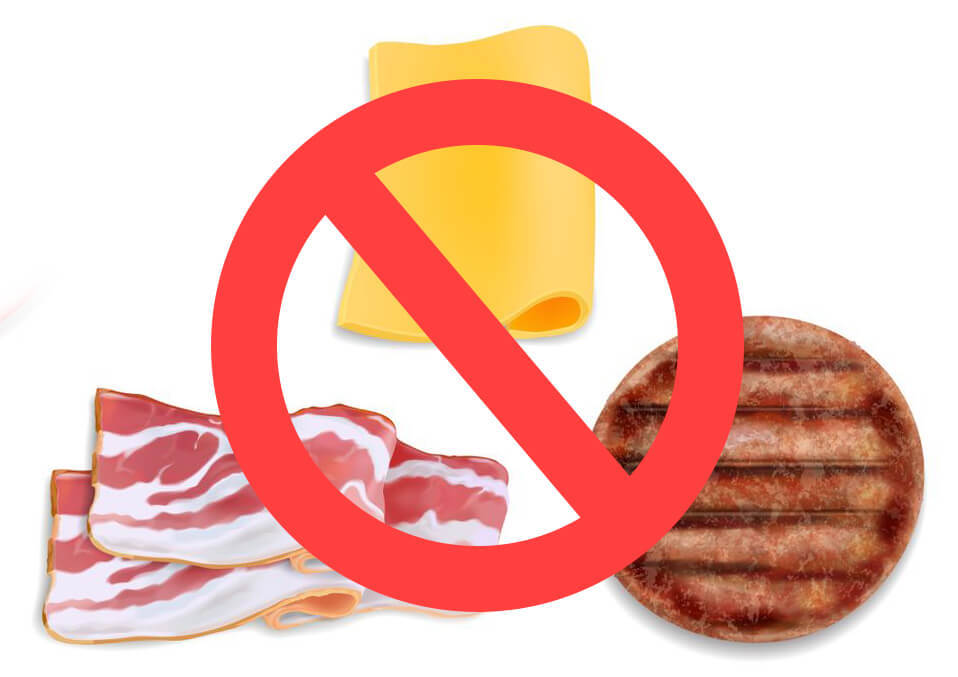
Diet plan during pregnancy is not pertaining to the calories that you wish to burn to lose weight but this diet plan assists you to choose beneficial foods from different food groups from fruits and vegetables to different dairy products and protein sources. Pregnancy is not linked with self-deprivation, you can still enjoy the foods that you like but in moderation. Having a pregnancy diet during pregnancy is not a hard task to do especially if what matters to you is the health of your baby. In this article, we’ll show you the recommended food intake in each trimester as well as the foods to avoid when you are pregnant.
First trimester

In the first trimester, your diet must consist of food that has higher levels of Vitamin B6, iron, and folate. In this stage, the fetus develops the nervous system, these nutrients aids in making sure that the process will go smoothly. It also helps ease nausea to avoid morning sickness. These are the recommended diet plan:
- Fruits
The fruits help maintain the daily required nutrients in the body and it also helps keep the body hydrated. You may eat fresh or dried fruits and if you prefer to drink fruit juices makes sure that it is organic and all-natural. Some fruits that are recommended in this phase are avocados, oranges, pears, apricot, banana, grapes, etc.
- Vegetables
For the vegetables, choose those that are dark green, orange, yellow and red. You should consume vegetables that are rich in magnesium, calcium, iron, potassium, protein, and fiber. Make sure that it is low in fat and carbohydrates. Some good choices are spinach, kale, broccoli, corn. Pumpkin, sweet potatoes, red and yellow peppers.
- Dairy
To maintain the calcium needed on a daily basis, you need to drink milk, eat cheese and yogurt.
- Protein
Protein food also provides nutrients such as zinc, iron, iodine, Vitamins B12, and fatty acids. These include eggs, fish, and lean meats. Make sure that food choices have minimal amounts of fats.
- Whole grains
The grains are a good source of carbohydrates which serves as the body’s main source of energy. Good sources of carbohydrates are in crackers, pasta, cereals, bread, and whole grains. These may serve as your snacks throughout the day.
Second trimester

In the second trimester, choose food sources that are rich in Vitamin D, calcium, omega 3, and magnesium. In this phase, your baby is now developing its bones and teeth and this is the phase where the brain starts to develop.
- Fruits
You should choose fruits that would maintain Vitamin D and folic acid. Good food sources include mangoes, peaches, and oranges. If the fruit is seasonal, make sure to only eat it when it’s available, avoid fruits that were artificially made because it may contain ingredients that may irritate you. You may also opt to eat dry fruits from apricots, figs or dates, these are a good source of calcium and iron.
- Vegetables
You should opt for vegetables that are rich in calcium and magnesium. These are found in carrots, cabbage, broccoli, okra, green beans, etc. You may steam or stir-fry it making sure not to overcook it so as not to remove its essential nutrients.
- Dairy
Dairy foods tend to have high concentrations of calcium and magnesium. Good sources are low-fat cream cheese, yogurt, and fresh or skimmed-milk.
- Grains
Grains are a good source to fill in the needed carbohydrates needed in your body for energy. Brown rice and cereals are a good choice for this phase.
- Meat
Meats from pork, chickens, especially fish, are where you can get omega-3. You can prepare this meat by adding some vegetables so that all the nutrients needed are incorporated in just one dish.
Third Trimester

In this phase, you need nutrients that will boost your energy and immunity. Choose foods that will help you heal faster and foods that will maintain the health of your child to avoid premature delivery. The vitamins needed on this stage are Vitamins A, B, D, K, protein, iron, and zinc. The recommended food choices are in:
1. Protein-rich foods
Protein-rich foods also contain zinc and iron. Good food choices are beef, pork, and chicken. You may serve these by adding side dishes such as soup, pasta or vegetable salad.
2. Eggs
Eggs are a good choice of Vitamins A, B-complex, and D, it also has selenium and zinc which are required during pregnancy. You may prepare eggs in several ways such as hard-boiled, scrambled, poached or a side dish with your favorite meal
3. Fruits and vegetables
You are advised to eat plenty of fruits and vegetables rich in Vitamin A and C because it supports the immunity of you and your baby, ensures that bone and teeth are well-developed and it helps in the DNA formation.
Foods to avoid during pregnancy

During pregnancy, your attention shouldn’t just be on what kind of food to eat but you also need to know the things that you need to avoid so as not to cause any complications. Remember, the things that you are eating are those that you are also feeding your baby inside so be sure to be very careful in your food choices. These are the list of foods that are not advisable for pregnant women.
1. Avoid unpasteurized cheese
There is unpasteurized cheese that is mold-ripened. These are the types of cheese that are not applicable to pregnancy because it contains bacteria, listeria that may be a cause of miscarriage or still-birth.
2. Avoid undercooked or raw fish and meats
Avoid foods that are not cooked well or those that are raw because pregnant women are more prone to food poisoning and that most raw fish contains mercury that may affect the growth and development of the baby. Processed foods such as hotdogs or hams are also not advisable because it has no beneficial nutrients.
3. Avoid alcohol and smoking
Different vices such as alcohol and cigar greatly affect the baby’s development. It also lowers down your immunity that will increase the likelihood that you will be prone to different sicknesses.
4. Limit caffeine
Too much caffeine can lead to having a premature baby or having a miscarriage. The advisable daily intake of caffeine products should only be 200mg per day.
5. Liver
Liver contains vitamins and supplements that are not being broken down by the body such as vitamin A. if there is too much concentration of this vitamin in your body, it may become toxic to your baby and you may experience some complications.
Read also:
- Top 5 Worst Foods During Pregnancy
- Old-fashioned Multi-grain Pregnancy Diet
- Stomach Pouch and How to Lose it During and After Pregnancy


